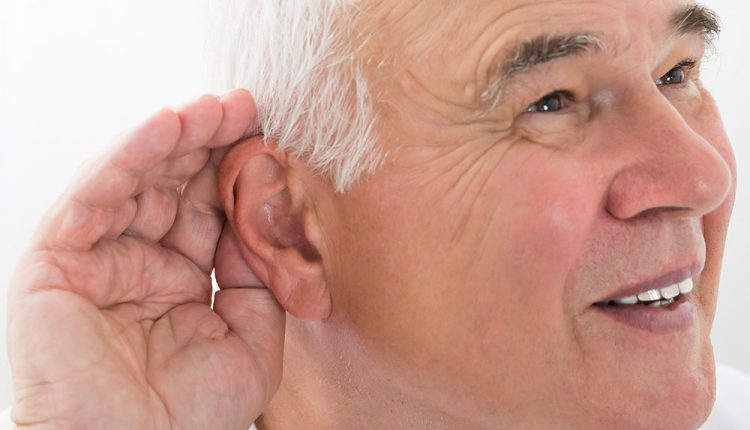
What is the typical age someone starts having hearing loss?
Hearing loss can take many different forms. When exposed to loud noises repeatedly or over a lengthy period of time, some persons have noise-induced hearing loss. But a lot of hearing loss is caused by getting older. Presbycusis is a type of hearing loss that gradually worsens as we age. Actually, it’s one of the ailments affecting the elderly and older individuals nowadays that is most prevalent.
How to recognize hearing loss caused by ageing
Most adults between the ages of 65 and 74 have some degree of hearing loss, which affects about one in three of them. Approximately 50 percent of people over 75 have hearing problems. When you have hearing problems, it can be difficult to hear smoke alarms, doorbells, phones, and respond to warnings. It can also be difficult to follow and understand your doctor’s instructions.
Age-related hearing loss typically affects both ears equally and typically occurs in both. If you have this kind of hearing loss because it develops gradually, you might not immediately be aware of it.Age-related hearing loss has a variety of causes, and there are numerous reasons why someone may have it. Most often, aging-related hearing loss results from changes in the inner ear. But other factors, such as complex alterations in the neural pathways from the brain to the ear, drugs, and other diseases could also be at play.
The following are typical signs of hearing loss:
- Others’ speech appears garbled or mumbled.
- High-pitched sounds like “s” and “th” are challenging to distinguish from one another.
- Understanding conversations can be challenging.
- The lower tones of a man’s voice are easier to hear than those of a woman.
- Some noises appear obnoxious or too loud.
- There may also be tinnitus, which is a ringing, roaring, or hissing noise in one or both ears.
Why does hearing deteriorate as we age?
Age-related hearing loss is a result of several distinct circumstances. Finding out if your hearing loss is caused by ageing or by anything else, like prolonged noise exposure, can be difficult. Noise-induced hearing loss results from exposure to extremely loud noises, such as those made by explosions or from prolonged exposure to noises that are either excessively loud or too long-lasting. Your ears’ sensory hair cells may suffer damage as a result of this type of loud exposure. These cells are crucial because they allow you to hear.You can’t grow them back, so once they’re hurt, your hearing is impaired.
Hearing loss can be a symptom of diseases that are more frequent in older people, like diabetes or high blood pressure. Additionally, several drugs have the potential to damage your hearing. They harm the sensitive cells in your ears, which is why they should be avoided.
Rarely, abnormalities in your middle or outer ear can lead to hearing loss that is connected to these conditions. The three tiny bones in your middle ear that transmit sound waves from the tympanic membrane to the inner ear may have lessened function as a result of these abnormalities. The diminished performance of the tympanic membrane, more commonly referred to as the eardrum, is another illustration of this.
Age-related hearing loss is it possible to prevent it?
Researchers have not yet discovered any ways to stop age-related hearing loss. You can nevertheless guard your ears against other types of hearing loss, like noise-induced hearing loss. To avoid developing hearing issues as a result of your exposure to various noises, it might be quite helpful to wear protection gear on your ears.
No matter how old you are, you should make an appointment with the best hearing aids in Singapore if you are concerned that you might be experiencing hearing loss.

